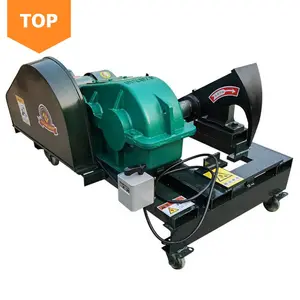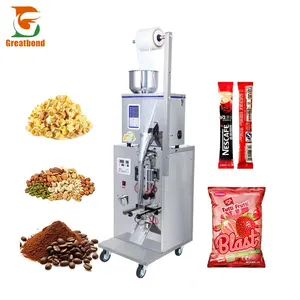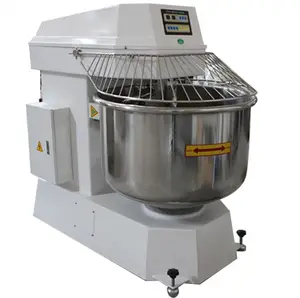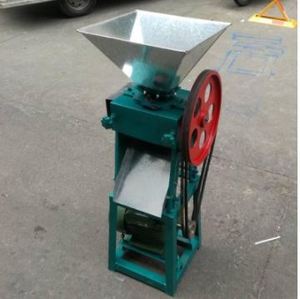Popular in your industry
















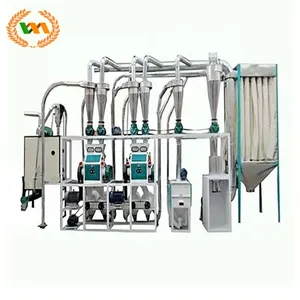



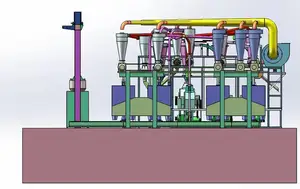
































Related Searches:













































































































































Top categories
About food milling machines
Introduction to Food Milling Machines
Food milling machines are essential equipment in various industries, including food processing, agriculture, and pharmaceuticals. These machines are designed to grind and mill different types of food products, such as grains, spices, and herbs, into fine powders or pastes. Food milling machines play a crucial role in ensuring the quality and consistency of the final products, making them indispensable in commercial settings.
Types of Food Milling Machines
There are several types of food milling machines available on the market, each catering to specific needs and requirements. Grain grinders, kitchenaid flour grinders, grain mill grinders, mill grain grinders, and electric grain grinder mills are some popular variants. Grain grinders, for example, are specialized in processing grains like wheat, corn, and rice, while kitchenaid flour grinders are ideal for milling wheat and other flours.
Technical Specifications
Food milling machines come with varying technical specifications to meet different production demands. These machines are equipped with powerful motors ranging from 1 to 5 horsepower, enabling them to process large quantities of food materials efficiently. The grinding capacity of food milling machines can range from 10 to 100 kilograms per hour, depending on the model and design.
Features of Food Milling Machines
Food milling machines are equipped with advanced features to enhance productivity and performance. Many models come with adjustable grinding settings, allowing users to achieve the desired fineness of the end product. Additionally, some machines feature stainless steel construction for durability and easy cleaning, making them suitable for use in commercial kitchens and food processing facilities.
Advantages of Food Milling Machines
The use of food milling machines offers numerous advantages to businesses in the food industry. These machines help improve efficiency by streamlining the food processing process and reducing manual labor. Moreover, food milling machines ensure consistent product quality, leading to customer satisfaction and loyalty. Additionally, they enable businesses to meet high production demands while maintaining product integrity.
Choosing the Right Food Milling Machine
When selecting a food milling machine for your business, consider factors such as the type of food products you need to process, the desired output capacity, and the available space in your facility. It is essential to choose a machine that meets your production requirements and budget while offering the necessary features for optimal performance. Conducting thorough research and comparing different models can help you make an informed decision.
Use Scenarios of Food Milling Machines
Food milling machines find applications in various settings, including commercial kitchens, food processing plants, bakeries, and pharmaceutical companies. In commercial kitchens, these machines are used to grind spices, grains, and herbs for cooking and baking purposes. Food processing plants utilize milling machines to produce flours, powders, and pastes for packaged food products.
Maintenance of Food Milling Machines
Proper maintenance is essential to ensure the longevity and performance of food milling machines. Regular cleaning of the machine components, such as the grinding chamber and blades, helps prevent contamination and maintain product quality. Lubricating moving parts and inspecting the machine for wear and tear are also crucial maintenance tasks. Following the manufacturer's guidelines for maintenance can prolong the lifespan of the machine.
Conclusion
In conclusion, food milling machines are versatile and indispensable equipment for businesses in the food industry. With their advanced features, high efficiency, and consistent performance, these machines contribute to enhancing productivity and product quality. By understanding the technical specifications, features, advantages, and maintenance requirements of food milling machines, businesses can make informed decisions to select the right equipment for their operations.

